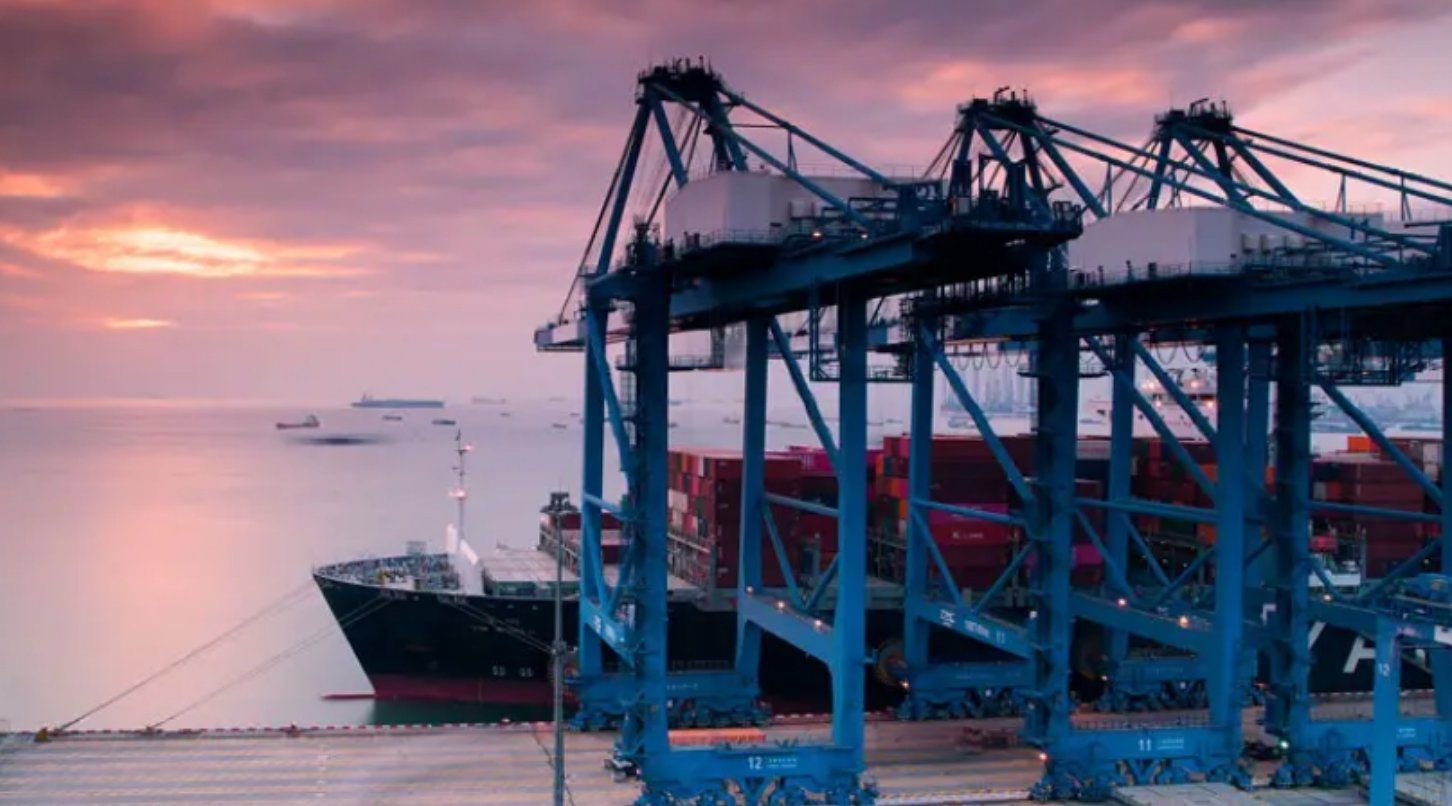FCL LCL Sea Shipping Container Agent From Tianjin, Dalian, Shantou, Qingdao, Xiamen, Ningbo in China to Dubal in The United Arab Emirates
As the world’s most cost-effective method of moving commodities around the globe, sea freight is a crucial part of the global supply chain. But are you familiar with the different types of sea freight services? Here’s a quick roundup…

1) FCL
FCL stands for Full Container Load and refers to one 20ft, 40ft or 45ft container filled with cargo as well as flat racks and open top containers. FCL is perfect when you have enough goods to fill a container and can also be used to ship large items such as cars, furniture and machinery. There are various types of containers which means you can ship almost anything including perishable goods to almost anywhere in the world.
2) LCL
LCL stands for Less than Container Load and refers to a shipment that doesn’t fill a standard container. Instead, the container is loaded with cargo from multiple consignees who share the container space. On arrival at the destination port, the goods are separated at a container freight station. LCL may cost more to ship per unit of freight than FCL, but it can be the cheaper option for small shipments.
As the total cost of shipping is shared between multiple clients, LCL allows you to make smaller shipments in a more cost-effective way than having to use air freight or pay for a full container. LCL also means you can send your shipments when you need to, instead of waiting until you have enough products to fill a container (Full Container Load).
3) RORO
RORO stands for Roll On, Roll Off and is the easiest and cheapest option for car shipping or transporting any vehicle. Vehicles are just driven straight onto the RORO ship and securely blocked, braced, and tied down inside the ship where it is wind and watertight, to ensure complete security. You can use container shipping for car shipping too, check out our recent post ‘Car Shipping: Which is better? RoRo shipping or Container Shipping?’ which discusses the pros and cons of each.
4) Dry bulk shipping
Dry bulk shipping describes the transportation of dry bulk cargoes that are unpacked and homogeneous, which means they can be dropped or poured into the hold of a bulk carrier. Dry bulk cargoes include a range of produce and raw materials including coal, biomass, metal and aggregates as well as grains and sugar. Dry bulk must be kept dry at all times because any moisture could ruin the entire load.
Whatever you need to ship, a reputable freight forwarder will help you find the service that meets your requirements – they’ll also take care of your documentation and customs clearance too. Some freight forwarders such as John Good, can also provide storage, onward distribution and port-centric logistics to make the freight forwarding process as simple and seamless as possible.
-
RELATED NEWS